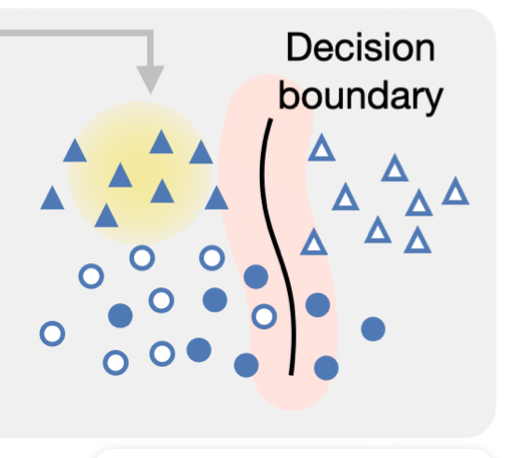D2ADA: Dynamic Density-aware Active Domain Adaptation for Semantic Segmentation
In the field of domain adaptation, a trade-off exists between the model performance and the number of target domain annotations. Active learning, maximizing model performance with few informative la- beled data, comes in handy for such a scenario. In this work, we present D2ADA, a general active domain adaptation framework for semantic segmentation. To adapt the model to the target domain with minimum queried labels, we propose acquiring labels of the samples with high prob- ability density in the target domain yet with low probability density in the source domain, complementary to the existing source domain la- beled data. To further facilitate labeling efficiency, we design a dynamic scheduling policy to adjust the labeling budgets between domain explo- ration and model uncertainty over time. Extensive experiments show that our method outperforms existing active learning and domain adaptation baselines on two benchmarks, GTA5 → Cityscapes and SYNTHIA → Cityscapes. With less than 5% target domain annotations, our method reaches comparable results with that of full supervision.
